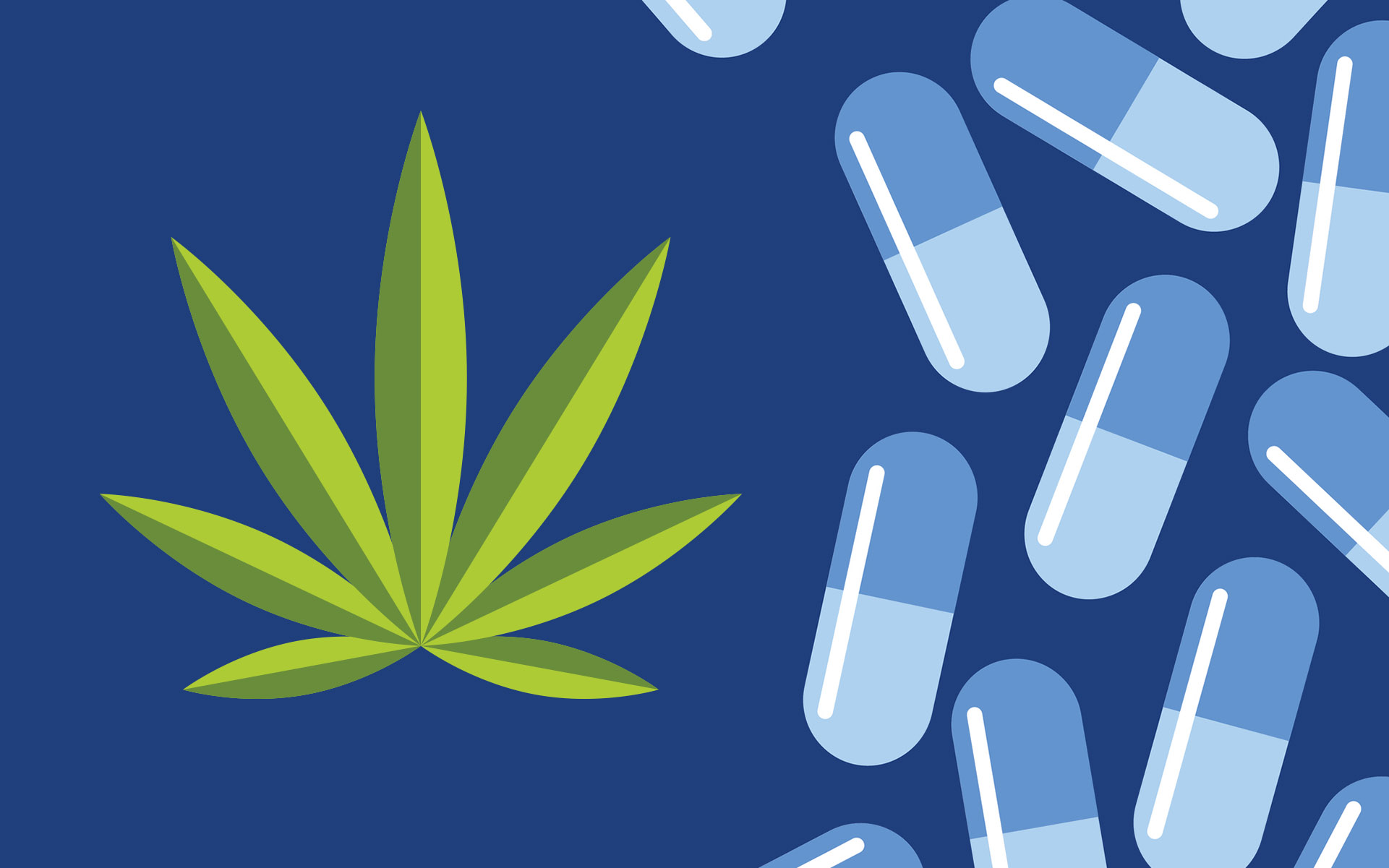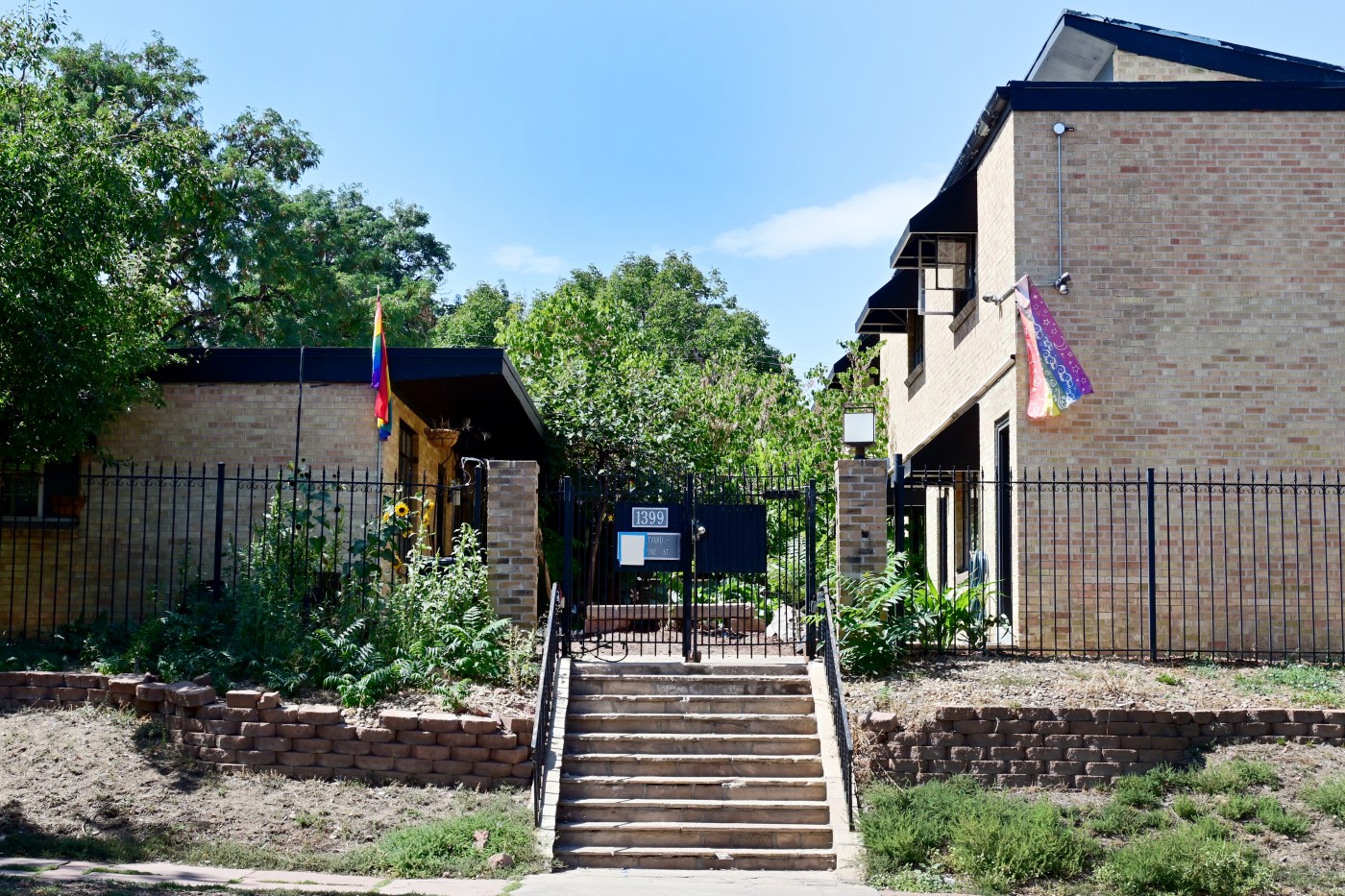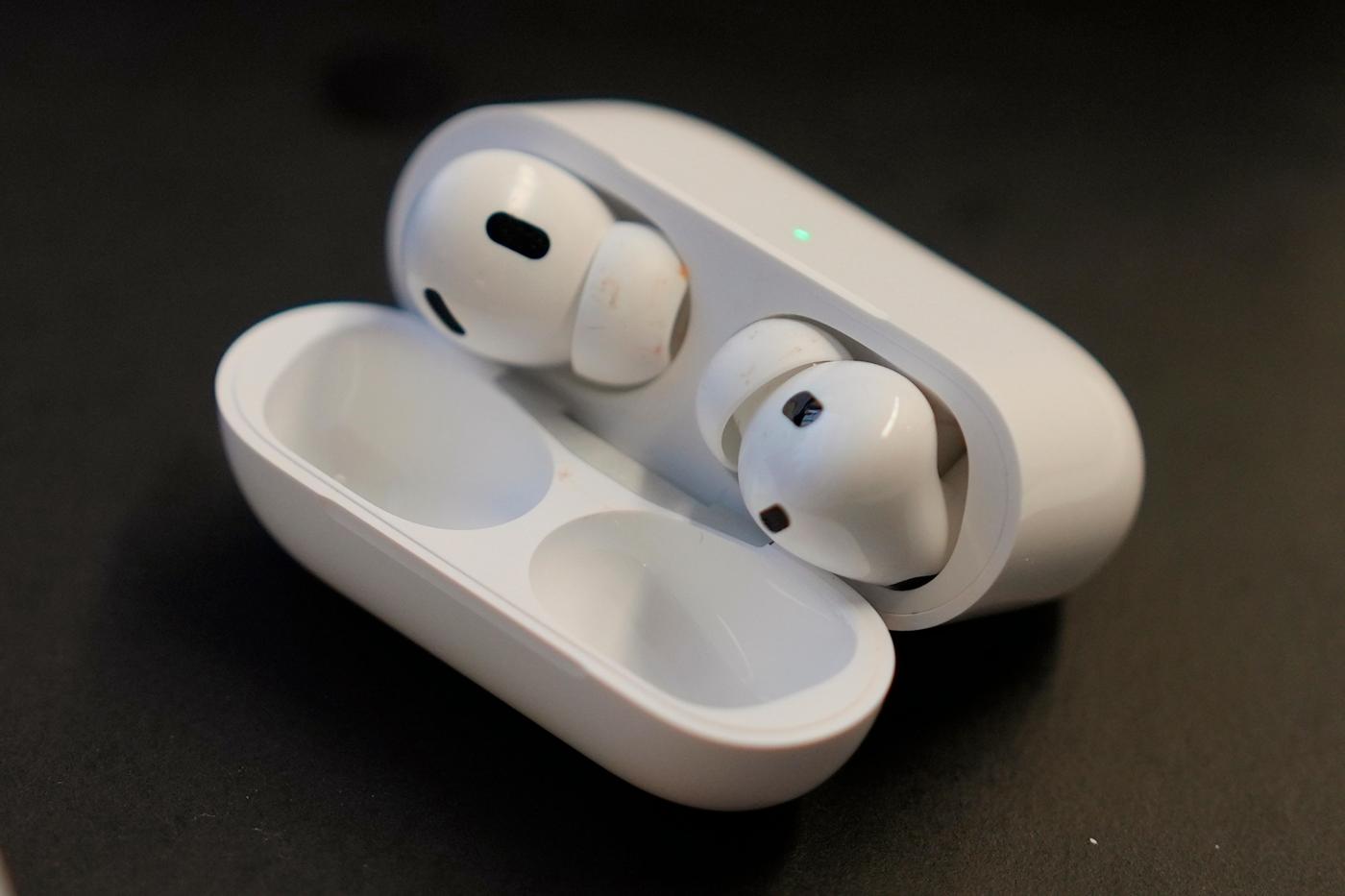In 1995, the president of the American Pain Society called for pain to be added as a fifth vital sign evaluated and managed by physicians—body temperature, heart rate, respiration, and blood pressure are the original four. Measuring pain subsequently became a widely accepted practice among clinicians. With 20% of adults experiencing chronic pain, prescription opioids soon doubled and Americans began consuming 80% of the global opioid supply.
President Trump officially declared the opioid crisis a “public health emergency” in October 2017. By then, the United States was approaching 50,000 opioid overdose deaths total and nearly 60% of them were due to illicit synthetic opioids such as fentanyl or tramadol. The problem has continued to escalate. Last year, there were more than 80,000 opioid overdose deaths with roughly 90% resulting from highly potent synthetic forms. This crisis is not getting better, and new strategies are needed to solve the problem.
Does legalizing cannabis reduce opioid use?
There are several reasons why legalizing cannabis seems like a promising strategy to combat the ongoing opioid crisis. For one, early population reports found that states that legalized medical cannabis saw a reduction in opioid overdose deaths. However, those findings no longer hold when the timeline of analysis is extended to the present day; any benefit that cannabis legalization has on reducing opioid overdose seems to be short lived.
States that legalized recreational cannabis saw an initial reduction in opioid-related emergency room visits by 7.6% compared to states that did not legalize cannabis, but this difference was gone within 6 months. It remains possible that cannabis may serve as a substitute for common prescription opioids like oxycodone, codeine, or hydrocodone, but can’t overcome the severity of dependence to more potent illicit opioids like fentanyl or heroin that are being abused at escalating rates.
Some studies point to notable reductions in prescription opioid use among patients who also use cannabis, but this benefit disappears in rigorously controlled clinical trials. These clinical trials fail to find consistent results on cannabis co-use with prescription opioids, despite most patients saying that they prefer cannabis over opioids.
Related
How Cannabis Enhances the Effects of Opioids
How might cannabis replace opioids?
There are currently 15 ongoing clinical trials investigating the ability of cannabis to reduce opioid need. These clinical trials are driven by hard-to-ignore evidence from animal studies that look at the pain-relieving interactions between the endocannabinoid system, which is stimulated by cannabinoids like THC, and the opioid system.
Pain experiments in rodents have consistently found that THC reduces the need for opioids. Across seven different studies, THC reduced the effective dose of morphine by 3.5 times. This beneficial effect is supported by three key pieces of evidence:
- Many cannabinoids, such as THC, stimulate CB1 receptors in the endocannabinoid system, which are found in the same pain-processing brain areas as opioid receptors and may also contribute to pain reduction.
- CB1 receptors in the body interact with opioid receptors to boost their pain-relieving effect in rodent studies.
- CB2 receptors, another cannabinoid target, can stimulate the release of the body’s own opioids which activate pain-relieving opioid receptors.
So why is there inconsistency between these ongoing clinical trials and the population studies mentioned above?
A direct reason is unclear. Some argue that a sense of control over pain management, as one experiences when they choose to use cannabis, can promote better outcomes. This effect could explain why patients who could choose to co-use cannabis in certain trials, as opposed to randomized clinical trials, reduced their need for opioids.
Related
What is the endocannabinoid system and what is its role?
It’s also possible that these benefits result from the placebo effect, where people can boost their opioid levels without drugs and dampen pain simply because they think they’re receiving an active pain medication.
Adding confusion to results, cannabis’ opioid-reducing effects may go away with the prolonged use of high-potency THC products, which are increasingly common in legal markets. Rodent studies of THC’s opioid-reducing effects are often short in duration, usually lasting only several days, whereas human use is often chronic—people use for weeks or longer. Repeated use of high-potency THC leads to tolerance, which often results from a reduced number of CB1 receptors and weaker overall endocannabinoid signaling.
The development of THC tolerance would therefore hinder the ability of CB1 and opioid receptors to work together to reduce pain. This could explain why short-duration rodent studies show opioid-reducing benefits of THC, and how these effects are often lost in long-term human clinical trials.
Further, this phenomenon could explain the initial drop in opioid overdoses when states legalize cannabis, but with the eventual onset of tolerance over several months, the opioid-reducing effects of cannabis in the population disappear.
Considering all the current evidence, there’s no clear consensus over whether cannabis can replace or reduce the need for opioids in pain management.
Are there risks of using co-using cannabis and opioids?
In some cases, the combination of cannabis with opioids was associated with worsened mental health, and this combination may be worse for those over 65 years old. Yet other safety issues, like opioid’s suppression of breathing, were not made worse with co-use of cannabis, at least alleviating some concern.
And in most cases, co-use of cannabis does not increaseopioid use, dispelling the idea that cannabis is a gateway drug, a warning spouted by many anti-drug campaigners.
Can CBD help with opioid dependence?
Despite the lack of clinical evidence that cannabis can replace opioids, CBD is emerging as a potential strategy to help those trying to overcome from opioid use disorder.
Italy unintentionally legalized CBD-rich cannabis in 2017 (essentially “hemp” by United States legal standards), and saw a reduction in opioid use, suggesting that CBD-rich cannabis may replace opioids in the short-term.
Several clinical studies have found that CBD reduces cues that trigger opioid cravings, and dampens the increased stress response that accompanies cravings. Insight from rodent studies shows that CBD diminishes many of the negative changes in behavior, anxiety, and genetic expression that accompany opioid withdrawal and lead to relapse.
These studies have set the stage for additional clinical trials (for example one that’s to take place at the Tarzana Treatment Center in Los Angeles) to study CBD’s potential as an adjunctive therapy for opioid use disorder.
Related
The complete guide to CBD (cannabidiol)
Can cannabis replace opioids?
The jury is still out. Most patients report that they’d prefer to use cannabis over opioids for pain relief and believe it to be an effective alternative. However, the range of use patterns, product options, cannabinoid and terpene content, and reasons for needing pain medication make this a particularly challenging research question to empirically study.
Control over the types of cannabis products being used together with optimized formulations for pain management (with moderate THC potencies!) will lead to a clearer picture of cannabis’ potential to replace opioids.
By submitting this form, you will be subscribed to news and promotional emails from Leafly and you agree to Leafly’s Terms of Service and Privacy Policy. You can unsubscribe from Leafly email messages anytime.






































